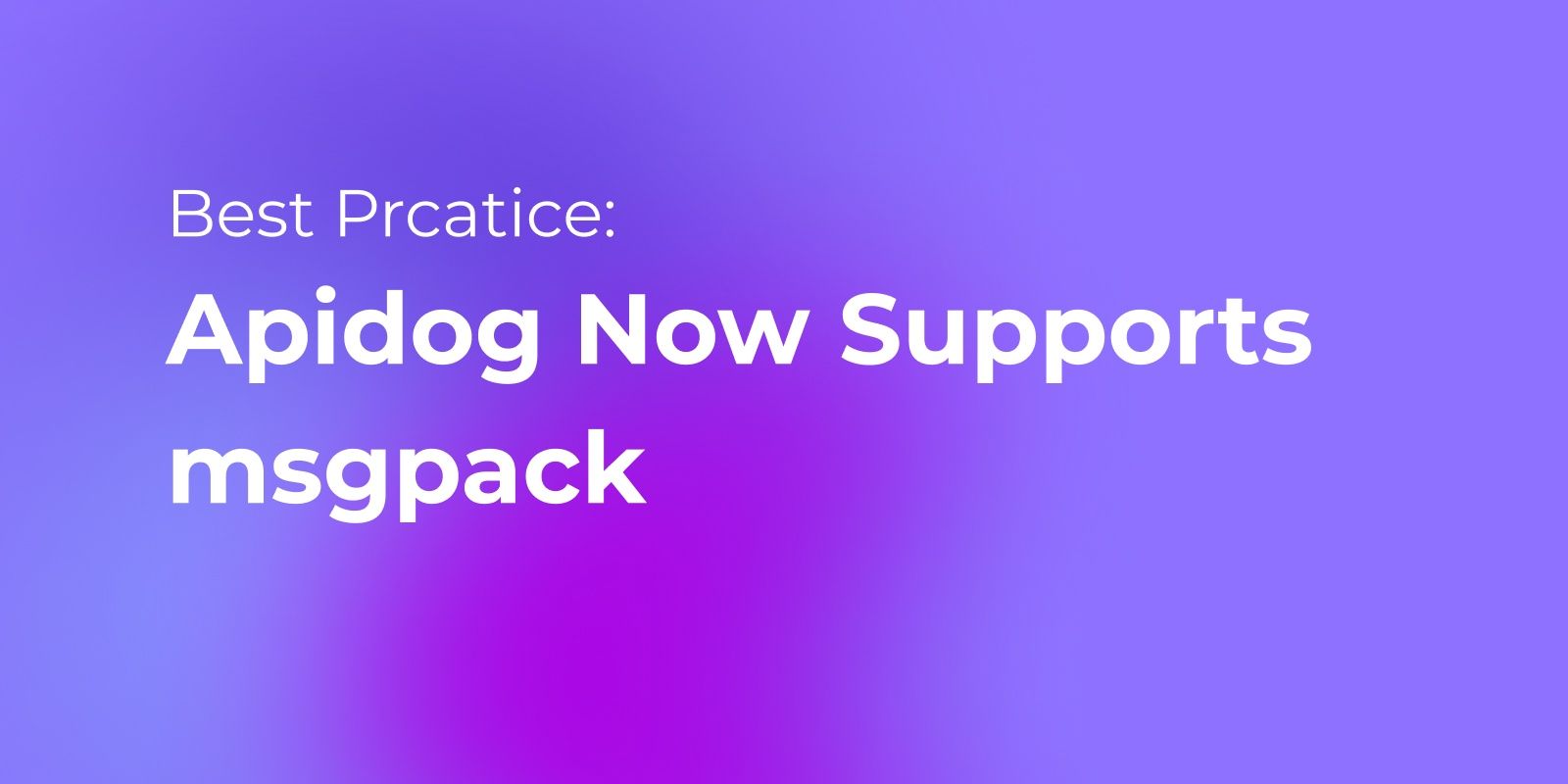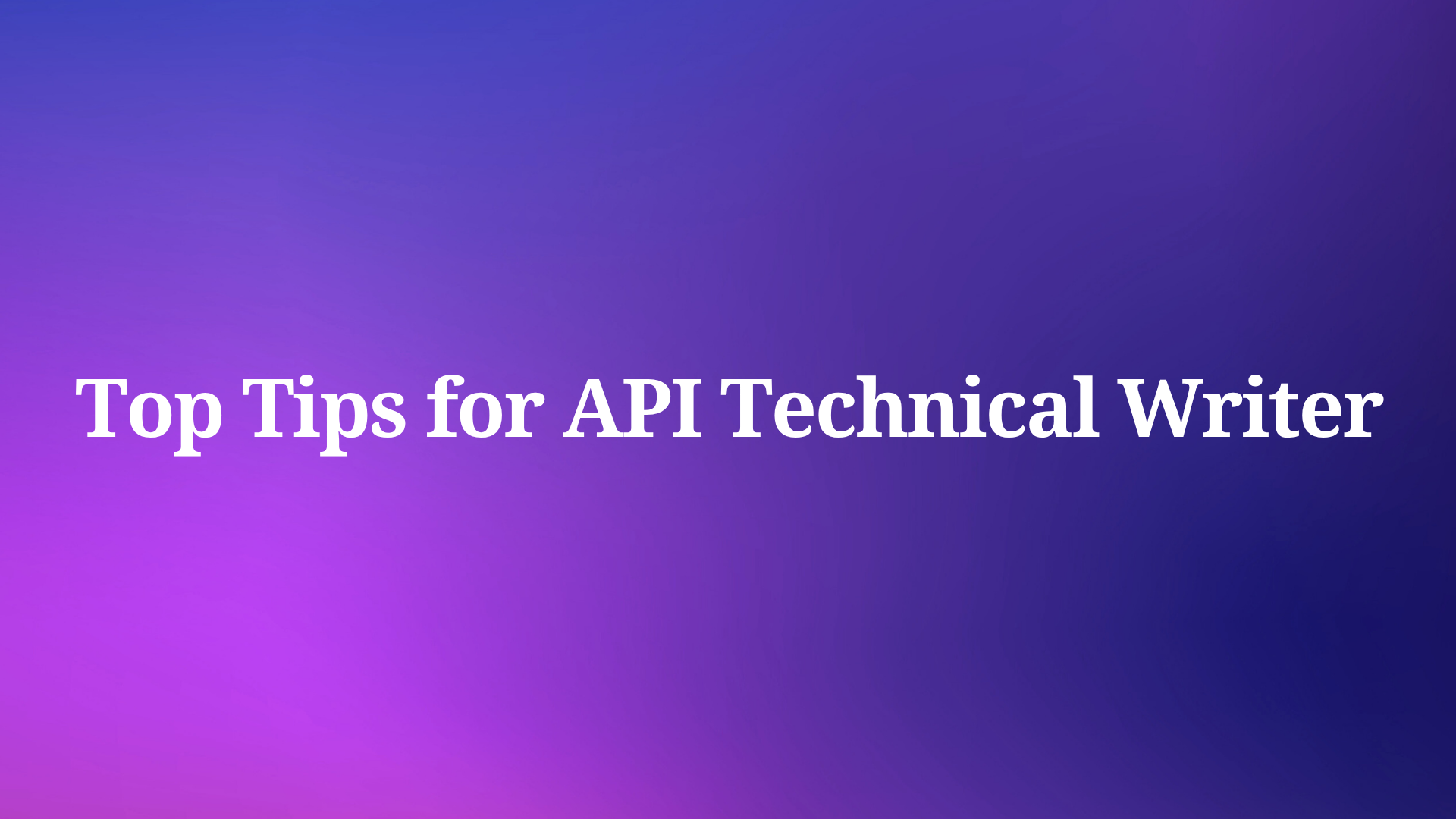MessagePack is an efficient binary serialization format for objects that makes data exchange more efficient. In this article, we'll first introduce some basic information about MessagePack, and then recommend MsgPack-compatible API clients that will allow you to enable more efficient data communication between servers.
What is MessagePack
MessagePack (MsgPack) is an efficient binary serialization format for objects. It can be used as a replacement for JSON and enables the exchange of data between different programming languages. Moreover, it is faster and more compact compared to JSON. For example, small integer values can be serialized in just 1 byte, and short strings in the length of the string + 1 byte.
MessagePack Official Site: https://msgpack.org
Features of MsgPack
MessagePack (msgpack) is suitable for exchanging binary data and is used in fields like gaming and network applications. It's a format that comes in handy when lightweight and high-speed data exchange is required.
- Serialized in binary format, so data size is smaller than text formats like JSON.
- Serialization/deserialization is fast.
- Supports basic data types like primitives, arrays, maps, and strings.
- Superior in compression ratio and serialization speed compared to JSON.
- Serialization format independent of language and platform.
- High compatibility with JSON, and mutual conversion is possible.
- It can be used in many programming languages like C, C++, Java, Python, and Go.
Relationship Between MessagePack and APIs
MessagePack can enable efficient lightweight data exchange, so it is very widely used in the API field. For example, it can be used to serialize request and response payloads in web APIs like REST APIs. In RPC-style APIs like gRPC, efficient binary serialization is indispensable, and MessagePack is also well-suited for this.
Introducing MessagePack for API data communication is said to have many benefits. For example:
- Data size becomes smaller, reducing network usage.
- Serialization and deserialization are fast, enabling shorter response times.
- The binary format makes encryption easy and protects data.
- Mutual conversion with JSON enables gradual introduction.
- Support for multiple languages makes integration with other systems easy.
- High affinity with various databases and messaging middlewares.
- Easy to introduce even in resource-constrained environments like embedded devices.
- GUI tools make debugging and data conversion easier.
In summary, in web APIs where data size and speed are critical, there are many cases where MessagePack's advantages can be leveraged.
Apidog: MsgPack Compatible API Client
While the compact and simple MessagePack has seen quite a bit of adoption in the API field, there is still a lack of API clients that support it. For example, if you send a request to a MsgPack API in Postman, you'll get back an unreadable binary response:

When using MessagePack in an API client, it is desirable to perform encoding as follows:
- Client-side: Encode API request body into MessagePack format.
- Server-side: Decode MessagePack data in the request body.
- Response: Encode the response body in MessagePack format.
- Client-side: Decode MessagePack data in response body to JSON for display.

If the above encode/decode process is executed, you can efficiently utilize MessagePack in API communication, and tremendously improve API testing efficiency. Apidog perfectly supports MessagePack encoding/decoding, and always converts MessagePack data into human and machine-readable JSON:

How to Easily Test MsgPack-based APIs in Apidog
So how can you intuitively test MessagePack APIs if MessagePack is used as the data communication mechanism for APIs? Next, I'll introduce how to easily achieve this using the API management tool Apidog mentioned above.
Step 1. Launch Apidog, open an existing API or create a new one, switch to the Body tab, and select "msgpack".

Step 2. Enter data here in JSON format, and it will automatically be encoded into MsgPack when sent by the client to the server.
Step 3. You'll get a response right away from the server. The response displayed in Apidog is the decoded MsgPack data, which is very convenient.

As shown in the image below, if you use a packet capture tool to capture the data sent in the request and received from the server, you can see these are actually human-unreadable data. Apidog seamlessly converts this data into human-readable JSON, greatly simplifying API testing.




